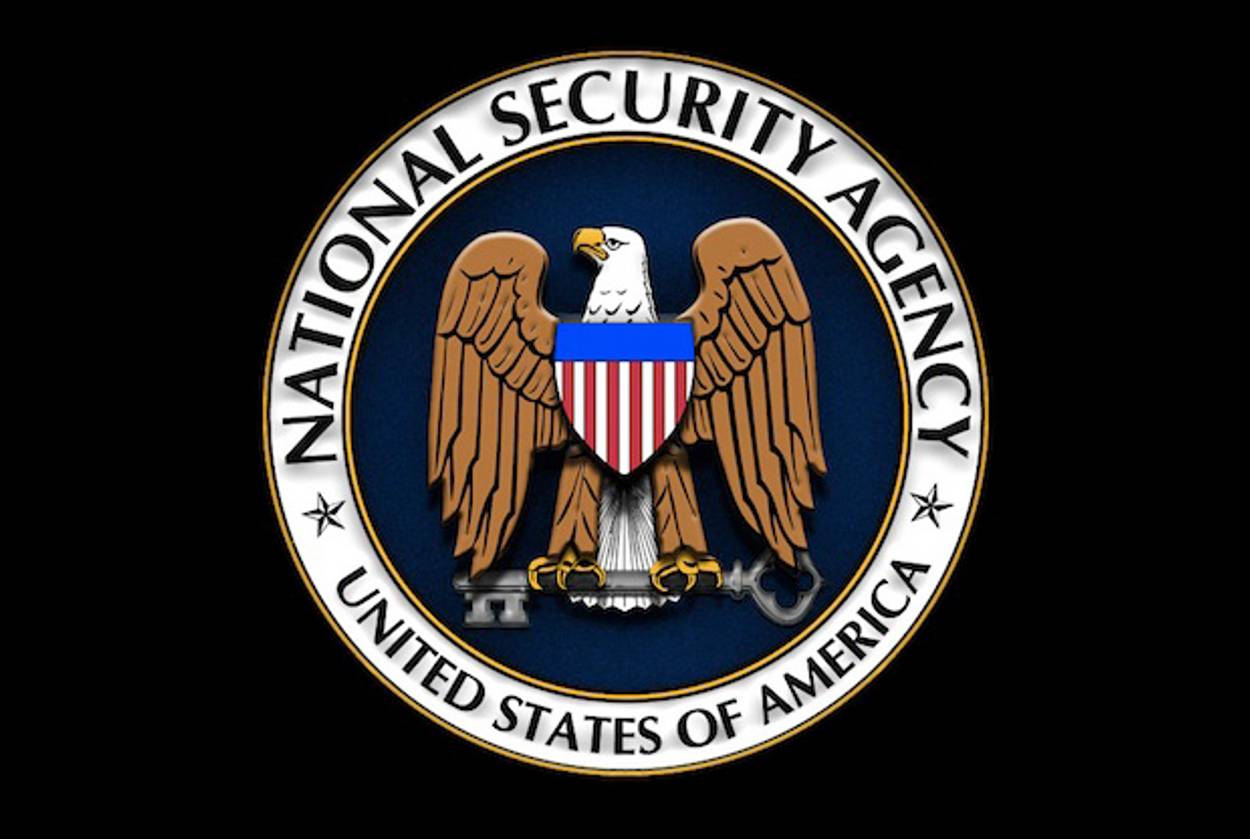The Emerging Culture of Surveillance
Should we care that the government is spying on us?




The internet–and the alleged world beyond the internet–is abuzz as the public, its intellectuals, and its runners-up debate the recent leaks about secret surveillance programs.
Under the classified program revealed Thursday, the federal government has been secretly collecting information on foreigners overseas for nearly six years from the nation’s largest Internet companies like Google, Facebook and, most recently, Apple, in search of national security threats. The revelation came just hours after government officials acknowledged a separate seven-year effort to sweep up records of telephone calls inside the United States.
The reaction has been varied with some people seeing this as a continuation of old policies, an effort to protect Americans, and otherwise, not a big deal, while others viewing the ordeal as a serious affront to American rights to privacy mixed with betrayal by complicit companies.
To help sort this through, I asked Friend-of-Scroll Jacob Silverman, who has a book due out next year from HarperCollins on many of the very issues this story engenders, for a run down of what this uproar is really all about:
These leaks reveal that, once again, the Obama administration has continued or expanded upon many Bush-era national security policies. That’s perhaps not a surprise, particularly given what we know about the drone program. But what strikes me here is the close partnership between private industry and top secret government programs and how these practices relate to many activities that we, as private citizens, do every day. We live in what the British theorist David Lyons calls an “emerging culture of surveillance.” Government programs like PRISM are, of course, very troubling, but they build on surveillance practices that are now deeply embedded in our culture and economy.
On Twitter, Facebook, and Instagram, we are constantly engaged in “mutual surveillance,” watching one another, judging, forming mental dossiers, and perhaps adjusting our own behaviors accordingly. These same Internet firms are themselves engaged in even more thorough surveillance, not only of what we do on their networks but also on the so-called “open” web. For example, every Facebook Like button, including the ones on your favorite sites, doubles as a data-collection machine. Each Like button sends Facebook information about who visits a website, what they look at, what they click on, etc. Facebook can even collect this information if you’re not logged into your Facebook account or if you’re not a Facebook member. What appears to be a button for sharing, then, is actually a powerful spying tool.
A CEO of a British security firm that works with that country’s intelligence services—note, again, a public-private partnership—told the Daily Beast that “commercial Internet companies use similar data to target ads to individuals based on their search patterns.” Facebook and the NSA are, in some sense, in the same business: collecting and analyzing as much information as possible. Facebook needs it to better “target” ads to customers. NSA needs it to better “target” possible terrorists. The data-mining firm Palantir, which is based in Palo Alto and received early funding both from the CIA’s investment arm and from PayPal co-founder Peter Thiel’s Founders Fund, is very much at the nexus of these two worlds.
Going forward, I expect little change. Congress has authorized and enabled these practices—in fact, many members defend them vociferously—just as the regulatory system has been toothless in going after Silicon Valley’s privacy breaches. In the meantime, what we have to understand is that Silicon Valley and the U.S. intelligence apparatus both have the same insatiable appetite for data. This is the fantasy of technological precision, of omniscience through ever more data collection and mining. A similar, previous effort under the Bush administration was called Total Informational Awareness. That gives you a sense not only of the ambitions at play here but of the confidence that these people have that, with the right tools and information, nothing is unknowable—or even unpredictable. (The practice of signature strikes—drone strikes based only a pattern of behavior, rather than identifying specific individuals—is grounded in a similar philosophy.)
As a Facebook VP told a journalist last August, “Everything is interesting to us.” At the time, Facebook was collecting 500 terabytes of user data per day. That’s certainly a juicy get for the NSA, but it’s also a drop in the bucket. Over there, they’re thinking in terms of yottabytes—1 septillion bytes. If an NSA official were asked to respond to that Facebook VP’s comment, he might say, “What’s more than everything?”
Perhaps, Real Kaplan put it best:
You have photos of your kids and your cat and your dinner on Facebook and you’re mad about the NSA knowing too much about your on-line life?
Adam Chandler was previously a staff writer at Tablet. His work has appeared in the New York Times, the Wall Street Journal, the Atlantic, Slate, Esquire, New York, and elsewhere. He tweets @allmychandler.